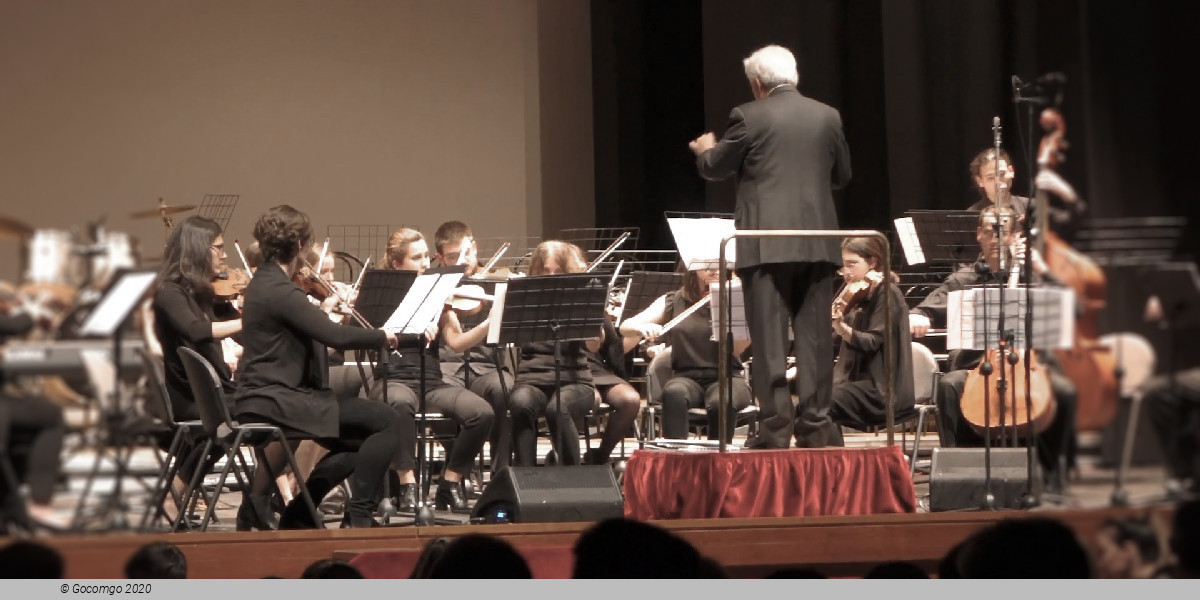Teatro Diego Fabbri (Forlì, Italy)
Teatro Diego Fabbri

Ever since the eighteenth century Romagna has been a land of great theatrical traditions: the Comunitativo of Ravenna opened in 1723, the one in Lugo in 1761, and the Comunale of Forli in 1776, two years before the Scala of Milan. Designed by architect Cosimo Morelli from Imola, the Comunale of Forlì is beautiful though small, well-proportioned to the population of the city. In the early nineteenth century it was partially expanded, although it remained limited in size.
In any case, in addition to prose, the theatre also hosted melodramatic productions, and often welcomed some of the most famous artists of the Italian scenario. With the outbreak of World War II a bomb hit the town’s tower which fell on the theatre, in today’s Piazzetta della Misura, completely destroying it. Thus the most important shows were forced to be held at the Astra movie theatre, in corso Diaz, which then became “Teatro Astra”. In the late nineties of the twentieth century, it began to “falter”, since it no longer satisfied the demands of the audience nor of the performances. The Town’s administration decided to intervene, without depriving the city of its shows: the performance seasons were transferred to the “Testori”, a private theatre that, albeit its smaller size, was able to guarantee the continuity of cultural performances. After the restoration works that radically restructured it (of the previous building only three load-bearing walls remained), in 2000 the theatre was named after Diego Fabbri from Forlì, one of the greatest playwrights of the twentieth century and great screenwriter for RAI television (a few examples: part of the series dedicated to Commissioner Maigret, but also “The Brothers Karamazov”). The inauguration was held on 27 November of that year with Riccardo Muti conducting the Philharmonic Orchestra of La Scala. Today the theatre is managed by the Town, it has 710 seats (550 in the parterre and 160 in the balcony), a foyer with one hundred seats and two rehearsal rooms. It is not, naturally, in the “Italian style”.


